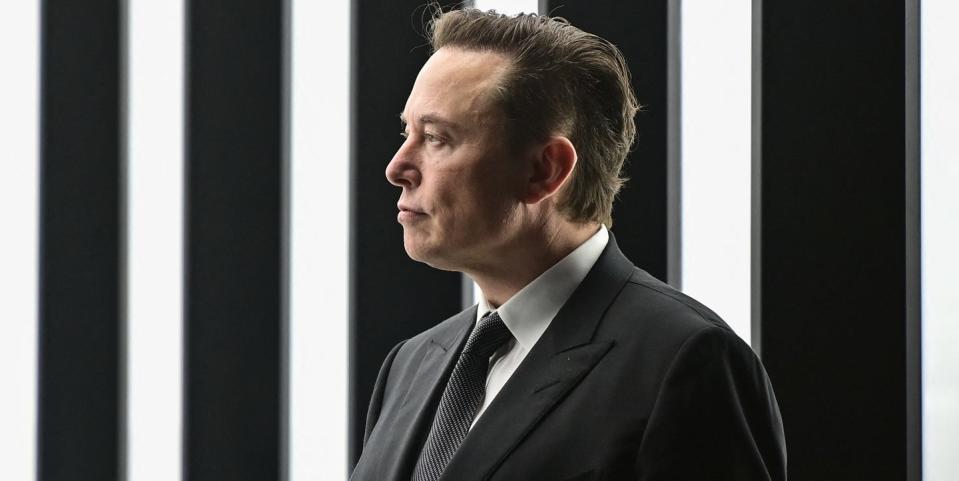Peer Inside the Mind of Elon Musk

Elon Musk is one of the world’s most polarizing figures. Whether you envy his mind or moderately fear it, there’s undeniable curiosity behind how the billionaire’s brain works. And the world’s richest man recently gave some much-desired insight into the inner workings of his mind.
⏳You love science. So do we. We’ll help you make sense of it all—join Pop Mech Pro.
On April 14, Musk sat down for an hour-long TED Talk interview, which was facilitated by the head of TED Chris Anderson. During the talk, Musk discussed everything from bidding on Twitter to Tesla technology to the meaning of life to, yes, his brain.
The 50-year-old Tesla and SpaceX CEO, who first publicly disclosed that he has Asperger’s syndrome in his Saturday Night Live opening monologue in May 2021, further discussed his experience with autism during the TED Talk. Musk shared his personal experience growing up with Asperger’s syndrome, describing how he learned to work with his brain instead of against it.
“Social cues were not intuitive, so I was just very bookish,” Musk told Anderson. “Others could intuitively understand what was meant by something. I would take something very literally as if the words that were spoken were exactly what they meant. But that turned out to be wrong. [People are] not simply saying exactly what they mean. There are all sorts of other things that are meant. It took me a while to figure that out.”
Like many autistic children, Musk says he was bullied due to the way his mind worked, not being able to connect with other children in a way familiar to them.
“I did not have such a happy childhood to be frank. It was quite rough,” Musk said during the talk. “But I read a lot of books. I read lots and lots of books. Gradually, I understood more [social cues] from the books I was reading.”
Though he was bullied for being autistic, Musk suggests his experience with Asperger’s syndrome ended up aiding his future successes. His intense and specialized interest in science and technology was amplified by his hyper-focused mind, a common trait among autistic people.
“I found it rewarding to spend all night programing computers, just by myself,” Musk told Anderson. “Most people don’t enjoy typing strange symbols into a computer by themselves all night. They think that’s not fun. But I really liked it.”
But Musk wasn’t only fascinated by solving coding problems and tackling scientific puzzles. Musk also had an obsession with a pretty nebulous concept: truth.
“I was absolutely obsessed with truth. Just obsessed with truth,” he said during the talk. “The obsession with truth is why I studied physics because physics attempts to understand the truth of the universe...And then computer science or information theory: There’s an argument that information theory is operating at a more fundamental level than even physics.”
Though his insights may not explain why Musk tweets the things he does, it does help give more visibility to the autistic experience. And, for once, that’s something we can all get behind when it comes to Elon Musk.
You Might Also Like
